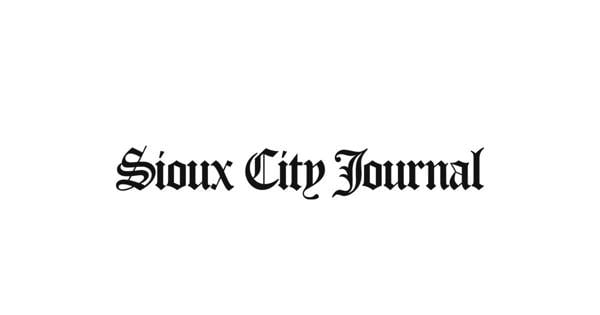





In a significant policy shift, President Donald Trump signed an executive order on January 20, 2025, that indefinitely suspends the U.S. Refugee Admissions Program (USRAP), effective January 27, 2025. This decision comes as the U.S. was on track to accept approximately 120,000 refugees in fiscal year 2025, with 37,000 already admitted by the time of the order [8a705ffe].
Local agencies in Omaha and across Iowa are feeling the impact of this suspension. In Omaha, 127 individuals scheduled to arrive last week are now expected to have their cases canceled, leaving 545 people still in the pipeline before October 1 [7d8c9314]. Meanwhile, in Iowa, Lutheran Services in Iowa (LSI) reported that 99 refugees scheduled to arrive in Des Moines, Sioux City, and Waterloo are affected by the halt [6f554697].
Dekow Sagar, a refugee from Somalia, highlighted the urgent need for a better life for families seeking refuge in the U.S., warning that the suspension threatens both families and the U.S. economy [7d8c9314]. LSI has supported over 4,000 refugees and allies in Iowa, and its president, Renee Hardman, emphasized the organization's commitment to humanitarian work, appealing for financial support to maintain essential services amid funding cuts that put 191 individuals, including 108 minors, at risk [6f554697].
The executive order allows individual states to veto refugee resettlement and mandates the Department of Homeland Security (DHS) to establish new admission criteria. Following the signing, an immediate suspension of all flights for refugees was enacted on January 21, 2025, resulting in the cancellation of departures for 10,000 refugees already cleared for travel [8a705ffe].
In a related development, President Trump's administration announced on January 28, 2025, a freeze on the approval of Form I-134A, which is critical for migrants seeking to enter the U.S. This decision affects private migration initiatives, particularly those run by elite-backed groups like Welcome.US, which has welcomed over 200,000 newcomers since its inception in 2023 [6265da09]. Nayla Rush from the Center for Immigration Studies criticized the Welcome Corps program for prioritizing migrants with connections over the most vulnerable, raising concerns about the integrity of refugee programs [6265da09].
The suspension particularly impacts refugees from countries facing significant crises, including the Democratic Republic of the Congo, Venezuela, and Afghanistan. The economic repercussions of this policy are estimated to be substantial, with a projected loss of $9.1 billion annually due to the contributions that refugees typically make to the U.S. economy [8a705ffe].
In contrast, President Joe Biden had previously set a target of 125,000 refugee admissions for fiscal year 2025, reflecting a commitment to humanitarian efforts and the economic benefits that refugees bring to American communities [bfcf2269]. Secretary of State Antony J. Blinken had noted that refugees contributed nearly $124 billion to the U.S. economy over the past 15 years [bfcf2269].
In a recent development, Senator Alex Padilla (D-Calif.) and his colleagues called on Secretary of State Marco Rubio on January 29, 2025, to restore the refugee resettlement services that were halted by the State Department. The lawmakers emphasized the importance of Reception and Placement (R&P) services for over 32,000 refugees who arrived since the start of Fiscal Year 2025, many fleeing war or persecution. They warned that the suspension of these services threatens refugees' basic needs and increases their vulnerability to homelessness and food insecurity [8a17f771].
As the U.S. grapples with this policy reversal, advocacy groups and lawmakers are increasingly calling for the restart of the refugee program and the reinstatement of private sponsorship options, which allow individuals and organizations to support refugee resettlement directly [8a705ffe]. The ongoing debate highlights the tension between national security concerns and humanitarian obligations, as the international community watches closely how the U.S. navigates this complex issue.
The suspension of the U.S. Refugee Admissions Program marks a significant departure from previous administrations' policies and raises questions about the future of refugee resettlement in the United States, especially in light of the ongoing global refugee crises that require urgent attention and action.